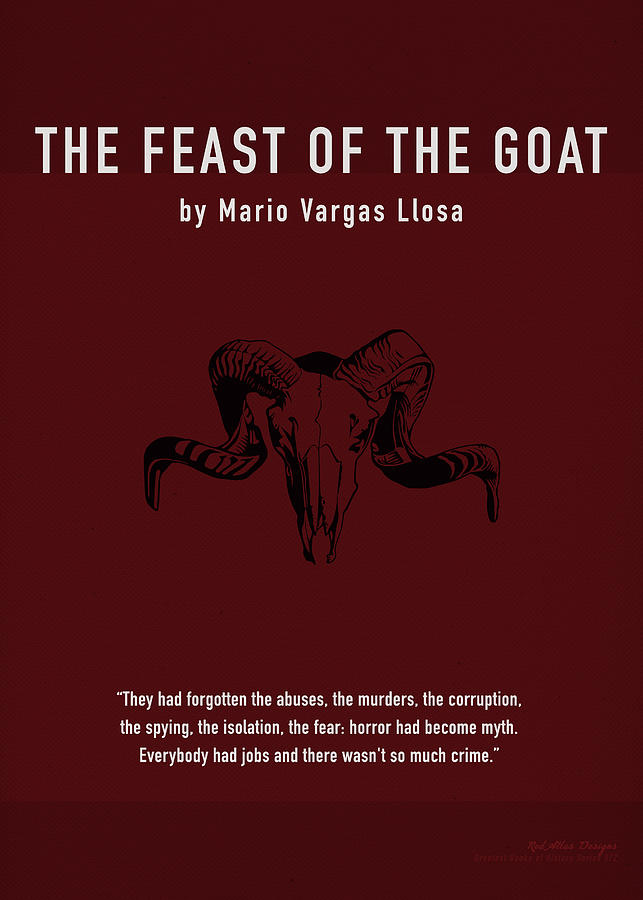

Vargas Llosa pursues the story through the immediate and psychotic aftermath, when Trujillo's playboy son, Ramfis - named, grotesquely, for the high priest in Aida - returns from his career of well-funded lechery in Paris to torture at length and put to death everyone suspected of involvement in his father's death, along, if need be, with their relatives.īy way of relief from the nastiness of this bloodbath, there's also the succession to power of Joaquín Balaguer, a puppet president under Trujillo who has kept in favour through three decades by never letting it be known what he was really thinking or feeling, but who can now come into his own as a sinuous pragmatist, able finally to bribe the remnants of the kleptocratic Trujillo clan to go into exile. It happens not as a denouement but halfway through, as a crisis, since Trujillo's long-overdue removal opens the way for politics of a less lethal sort to resume in the Republic. In the novel at least, the assassination is the work of a small group who have suffered more than most from the viciousness of the regime. The dictator in question is Rafael Leonidas Trujillo Molina, an army officer who seized power in the Dominican Republic in 1930 and held on to it, with increasing savagery and the predictable support, for most of the time, of the United States, until he was assassinated in a roadside shootout 31 years later. There's nothing remotely allegorical about the story as it's told here, in very concrete terms, but it's not hard either to take this particular Strong Man as standing for the rest of his grisly cousinhood. A second way is that followed by the Peruvian writer Mario Vargas Llosa in The Feast of the Goat, which is to descend to street level in a spirit of togetherness and recreate the circumstances in which one actual dictator met a violent death in a real country. The first is to abstract from the historical experience of any one country and treat the contagion of caciquismo in imaginary terms, as it might have taken hold anywhere in South and Central America - Miguel Angel Asturias, Augusto Roa Bastos, Alejo Carpentier and García Márquez have all in their time done this to powerful effect.

Spanish-American novelists have had good reason, sad to say, to write dictator novels, and two rather different ways in which to go about it.


 0 kommentar(er)
0 kommentar(er)
